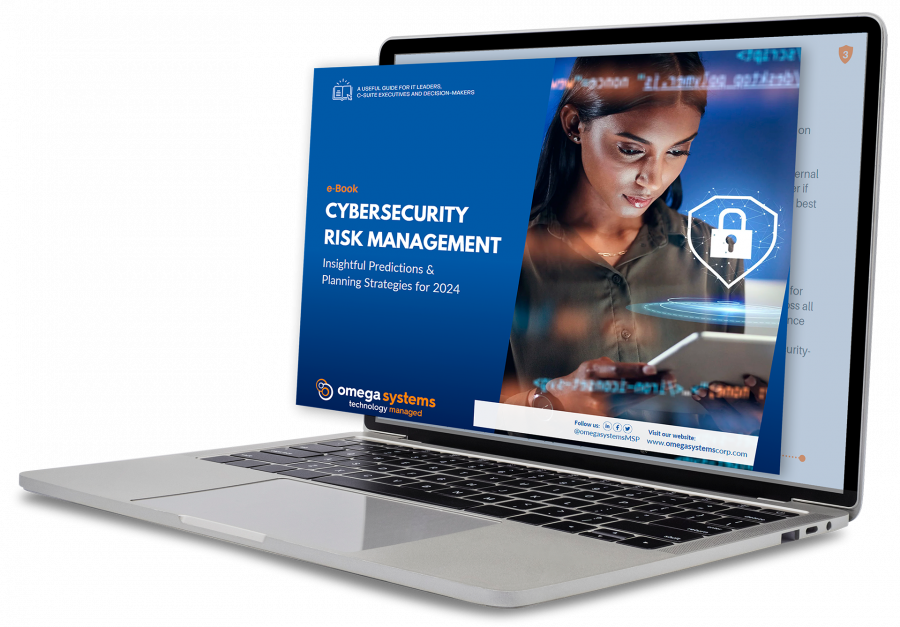
The holidays are a hacker’s paradise. There is such a high volume of purchasing, email confirmations, and discounts happening that hackers are too smart not to take advantage. There are some phishing scams to watch out for that occur much more frequently during the holidays.
Fake Shipping Status Alerts
Most holiday shopping today is done online. Now, because of that, a big part of the holiday process is waiting for your packages to arrive. But, with these packages come shipping notifications. Hackers are now taking advantage of the fact that your inbox is filled with emails from UPS and FedEx. In this phishing scheme, you receive an alert from a shipping company notifying you that there’s a delay or issue with your package. A message of that kind usually fills the recipient with anxiety. This pushes them to click through the email, exposing them to malware. Scams like this should motivate you to start keeping track of all your purchases at the beginning of the season. This way if something seems unexpected or doesn’t match your records you’ll know not to click on any links.
Fake Receipts and Invoices
Similarly, to fake shipping status alerts, fake receipts and invoices are also a phishing scam. The fake documentation lives in attachments within your email. Hackers have noticed that websites like Amazon receive more traffic during the holidays than any other time of the year. So, they send fake purchase confirmations out where the malware appears to be an attached PDF of a receipt. You probably receive so many purchase confirmations from Amazon that you wouldn’t assume one would include anything malicious. Unfortunately, this tactic works and these attachments are being opened all the time.
Fake Flyers and Deals
There are ads, deals, and sales as far as the eye can see during the holidays. Hackers are clearly taking advantage of the fact that there is such a high volume of shopping and advertising done this time of year. If you subscribe to a store or have purchased something from there you can expect your inbox to be filled with more emails than usual. You also probably don’t go out of your way to track every store you’ve purchased something from online. This may lead you to innocently click on a deal from a store you don’t shop at. Don’t do that.
If you’ve never shopped at the store, odds are, the ads malicious and your device will be infected with malware. In general, you should also be wary of shopping online at any store you’ve never heard of before. Be sure to check reviews or know anyone who’s shopped that store online before. Fake sites do exist to steal your private information.
Fake Surveys
Surveys usually seem annoying unless you’re offered some kind of deal in return. Hackers know this and have a created a scheme framed around it. If an online survey offers cash or gift cards in return use caution if you decide to fill it out. If this survey ultimately asks you for any kind of personal or financial information don’t finish filling the form out. It is most likely a scam.
Unauthorized Transactions
Your bank account is something you should get in the habit of monitoring all year round. But, you should do it even more frequently during the holidays. Unfortunately, not all websites are secure and your credit card information can be stolen by a cybercriminal. Hackers take advantage of the fact that there are more charges than usual on your bank statement. If you’re not tracking your charges starting at the beginning of the season, you may write off a fraudulent charge as that gift you got for your sister. If you’re not actively checking your statement you may fall victim to cybercriminals.
A Managed Service Provider offers solutions like Security Awareness Training, that help better educate your team on phishing and what to look for. Contact The TNS Group today to learn how to better protect yourself from phishing.
Categories: Managed Service Provider, MSP Blogs




